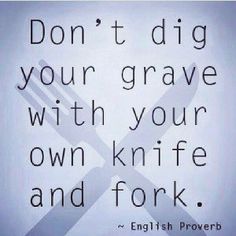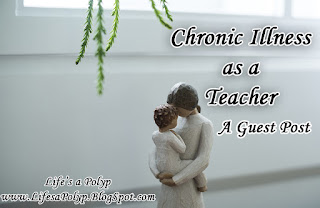I started the weekend early. Normally I try to sleep in, catch up on my rest and delay eating. The sound of my husband preparing for work kept me awake. My short to-do list for the day running through my mind. I'm awake, no need to try to force a return to sleep.
Completing my errands, I grab the largest cup of coffee the convenience store offers. Enjoying gulping down my lightly flavored coffee will help delay my solid food intake. I have my meals planned out today...even though I usually don't follow my meal plans. I'm aiming for a protein shake at noon. I'm rarely able to make my coffee last more than half an hour though. I have a food obsession and have difficulty delaying or slowly ingesting food or drink even when I know better.
I'm starting to feel hungry and my mind is reeling with possible food options. I'm unable to force myself to delay eating any further. I devour half a sandwich, the protein shake no longer sounding fulfilling. I wait, hoping I didn't make a mistake and cause myself to become sick once again. In less than 10 minutes my stomach feels full and a low grade pain begins to radiate through my abdomen. In the course of half an hour this pain may have me doubled over wishing I hadn't eaten. I hope I was able to prevent this severity by only eating half a sandwich rather than a full sandwich.
During the week, between coffee and a few snacks while at work I've managed to skip meals during the day and instead have a largish meal for dinner. This has allowed me to remain working. It's been a few days past a month since I started eating solid food again. Refusal to force an appetite resulted in my unexpected hospitalization a month ago. Now I'm caught again in a food dilemma. I am once again enjoying the taste of food and yet eating solid food causes intense pain causing me to not want to eat in order to prevent the resulting pain.
This week a former ICU nurse I work with visited with me and shared her theory that I may be experiencing symptoms similar to that of refeeding syndrome. I barely ate any food for a 1.5 - 2 weeks prior to my hospitalization and only had clear liquids for 3 of days I was in the hospital. Following my upper and lower scopes I was immediately placed on a solid food diet again without any gradual graduation from liquids to solid food. My coworker explained that immediately resuming solid food after a period of little to no food intake is difficult for the body and can cause serious health risks. Although I do not feel that I am at any serious health risks after a month of eating solid food, it would explain why I continue to have difficulty eating without severe cramping, bloating, and pain. I could understand my body having difficulty readjusting to food intake for a few days but not over a month. But then again...my body is not a normal body. My body reacts very differently to typical issues and circumstances.
My coworker suggested I begin a liquid diet for a few days and graduate to soft, bland foods such as mashed potatoes, applesauce, etc before returning to solid foods. She explained how my body needed to readjust to food even after a month of eating. My body was likely entering a starvation phase and with an already established sensitive stomach, immediately resuming solid food intake doesn't sound like it was a good choice. Since the first night of resuming solid foods, I have been experiencing the stomach pain, early fullness, reflux, and increasing nausea. Desperate for relief, I followed her advice...for a half day at a time. My hunger for solid food winning in the evenings. However, I was feeling better than I have in weeks during the day with consumption of only liquids. Due to my stubbornness, I have yet to actually complete a full day of only liquids thereby not allowing myself to slowly graduate from liquid forms to solid forms. Sometimes it takes longer for me to learn lessons with my body as I fight against what I know needs to be done.

My stomach is rumbling loudly and bloated in appearance, the pain increasing with each 10 minute period. I set myself up for failure by eating solid food this morning. I'm now miserable, envisioning a scalpel slicing my abdomen to remove my stomach and small intestine and the relief I imagine this would bring.
Albeit slowly, I'll commit to a liquid diet for a full day and allow myself to recover. I tend to require completion of several failed attempts before I am ready to submit to that which I do not really want. If I commit now, I may have resolved my own eating dilemma prior to my appointment with my new adult GI doctor next week.











